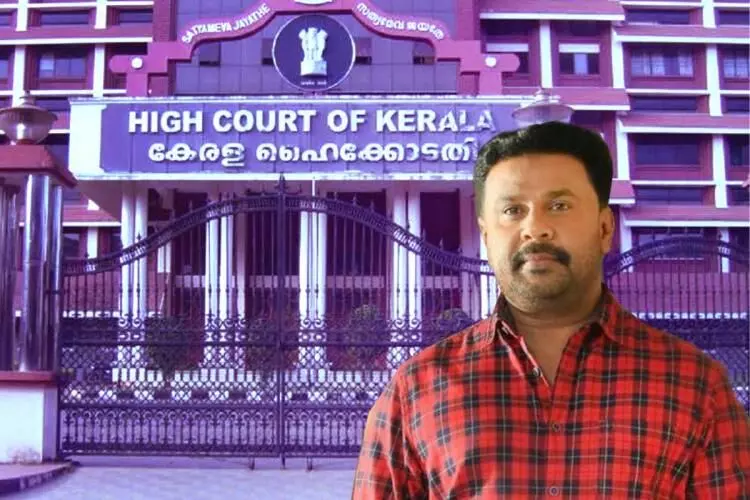
Amicus curiae appointed by Kerala HC to make guidelines on safety of docs in judicial custody
text_fieldsKochi: Advocate Renjith B. Marar was named as an amicus curiae by the Kerala High Court on Monday, August 21, in order to assist the court in developing rules to guarantee the security of electronic documents while they are in judicial possession. The matter came to light when the court was deliberating over a plea offered by the survivor of the 2017 actor assault case—which claimed misconduct during the investigation—. The attack's mastermind is alleged to be actor Dileep.
The memory card containing the images of the sexual assault was accessed twice in 2018—in January and December, according to a forensic study from 2022. When the memory card was unlawfully accessed on January 9, 2018, the Angamaly Magistrate Court was in charge of it. It was with the Ernakulam Principal and Sessions court by December 2018. Additionally, the FSL report stated that on December 13, 2018, eight video files on the memory card were accessed, the News Minute reported.
The report went on to state that the memory card's hash value had altered over time. This meant that something changed within it. Questions about who accessed the memory card, why, and with whose help had been raised in response to the FSL investigation.
The survivor claimed in her plea that the advocates for Dileep had tampered with evidence and improperly influenced material witnesses, going against all ethical and legal standards and interfering with the administration of justice. The appeal further noted that the petitioner's fundamental rights to a fair trial and her right to privacy, as protected by Article 21 of the Constitution (Protection of Life and Personal Liberty), had been breached and that evidence, the FSL report, had already been made public to the media. She also brought up the fact that, despite being kept on a memory card in the control of the court holding the case trial, the assault's visuals had been altered.
"The illegal access tampering transmission of the contents of the memory card while it is in the custody of the court also attracts offences punishable under sections 201 [causing disappearance of evidence of offence], 204 [destruction of document to prevent its production as evidence] of the Indian Penal Code and also section 67A [punishment for publishing or transmitting of material containing sexually explicit act, etc., in electronic form] of the Information Technology Act 2000 which are cognizable offences to be investigated by the police," the plea said. The survivor sought the intervention of the High Court to ensure a fair and impartial investigation and trial.
Upon hearing the plea, the court noted that, in contrast to most other cases, the memory card serves as direct evidence in this one. As a result, Marar was named as an amicus curiae, and his role is to offer recommendations for best practices aimed at ensuring the security of electronic documents held in judicial custody.























